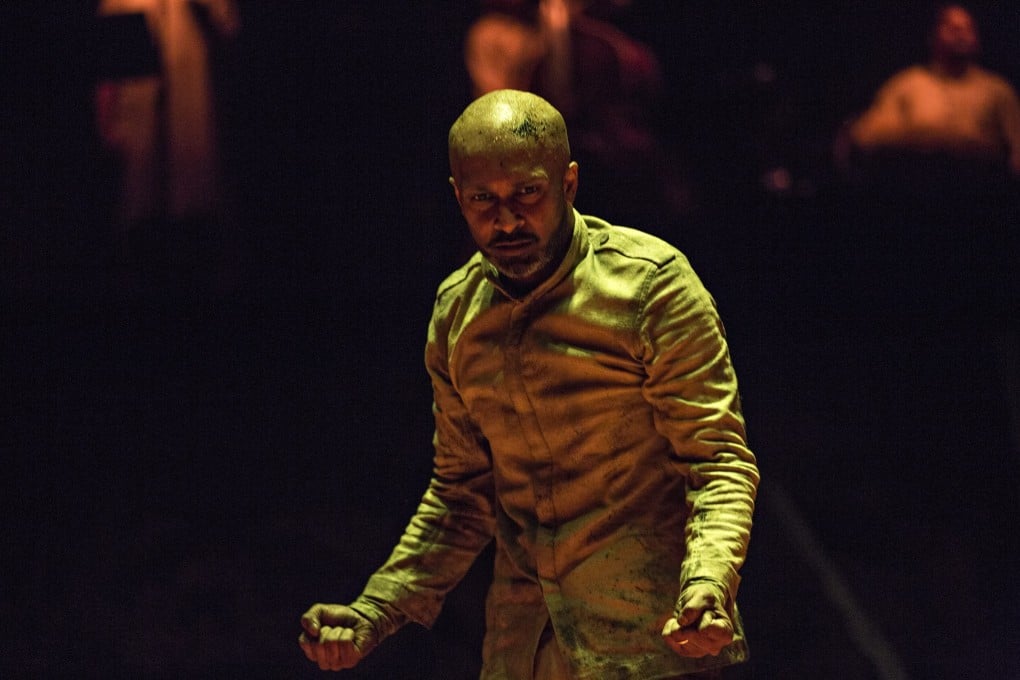Celebrated choreographer Akram Khan uses last solo to speak out for the voiceless
- ‘XENOS’ was inspired by stories of colonial soldiers from India and Africa who have been largely written out of history
- Local dancers also put up shows to express their cultural identities and views of the world

War, colonialism, identity and what it means to be human – Akram Khan, one of the world’s most respected contemporary dancers and choreographers, has never shied away from big themes. For his last full-length solo dance performance, XENOS, which is coming to Hong Kong on 15 and 16 November, he once again explores the human condition, this time through the story of an Indian soldier drafted to fight an empire’s war.

“I don’t do small themes. I’ve always been interested in accessing and exploring the human condition,” said Khan on the phone from Moscow, before he left for Greece to watch a performance of Until the Lions, another piece he directed and choreographed with his Akram Khan Company. “That’s the basis of all my narratives.”
I don’t do small themes. I’ve always been interested in accessing and exploring the human condition
XENOS came about when 14-18 NOW, the UK’s arts programme for the First World War centenary, approached Khan to create a show. At the time, the acclaimed choreographer was developing an idea based on Prometheus, the Greek deity who was bound to a rock and had his liver eaten every day by an eagle, only for it to grow again overnight. Prometheus and the “idea of the eternal soldier, repeating history and repeating violence” were absorbed into a more contemporary narrative.
“I was upset after discovering articles about colonial soldiers from India and Africa fighting in the First World War that have been written out of history. Their stories are almost never told, hardly ever mentioned in books,” Khan, who is of Bangladeshi descent, said.

“It’s the white man that writes history, and they edited out stories of anyone of colour under the British Empire. I felt very angry. I want to give voice to those who are in the shadow, marginalised or omitted from history.”
“Xenos” means “stranger” in Greek, but it can also mean “foreigner”, “alien” or “guest”.
